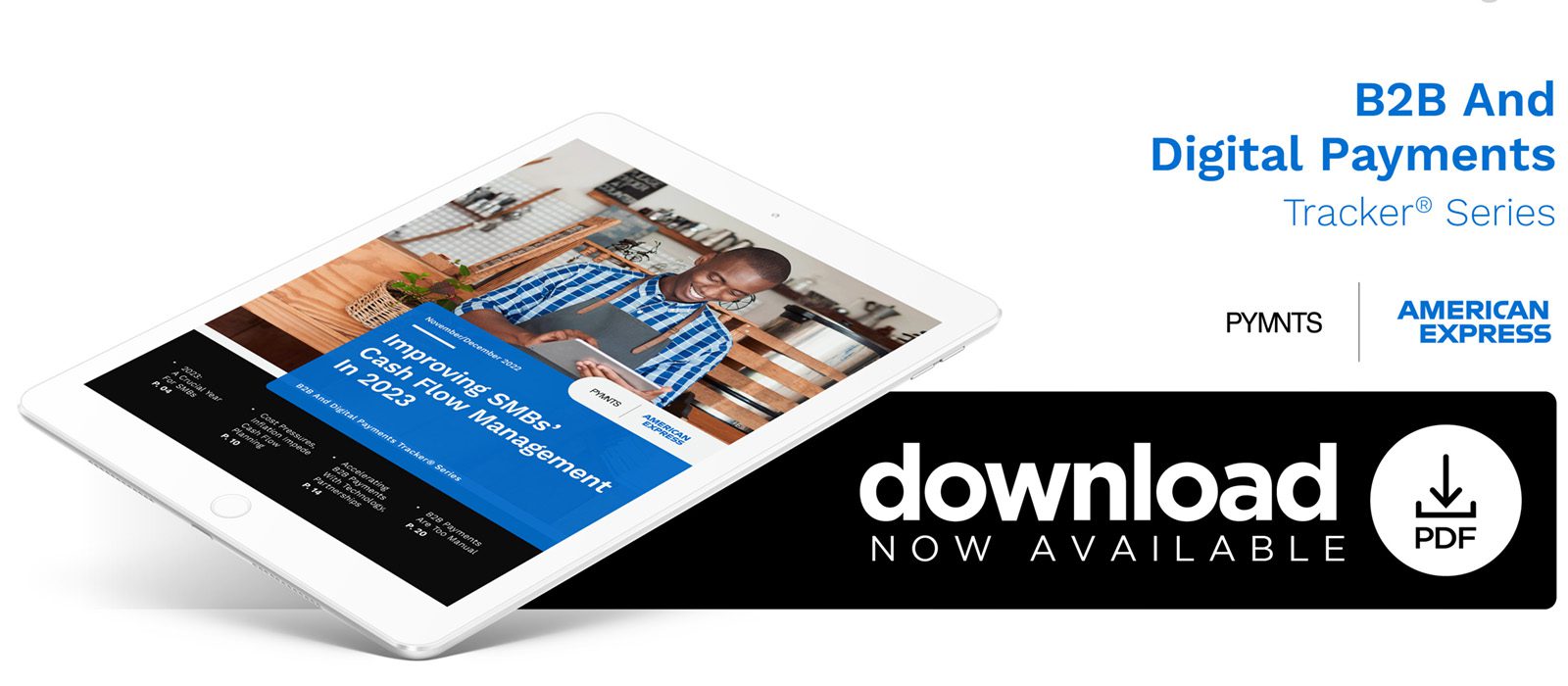Most SMB Buyers Pay More Slowly Than Their Suppliers Want

Unlike consumer payments, the B2B variety remain mired in legacy systems and manual practices. Small businesses, in particular, need easier payment experiences and help with cash management, but their path to this goal may be fraught with hurdles — not the least of which is an inherent dilemma. While suppliers would rather have immediate access to their funds, buyers often look to pay more slowly and hold on to their funds longer.
PYMNTS research found that 38% of SMB buyers prefer to pay suppliers via automated clearing house (ACH) or check, but more than half of small to mid-sized business (SMB) suppliers would rather receive payments through faster channels, such as real-time payments or same-day ACH.
Buyers’ and suppliers’ respective pain points reflect this difference. On average, SMB payors note several problems they regularly experience when making payments, including the need for manual reviews, time-consuming processes and a lack of financing options. SMB suppliers, meanwhile, average different pain points, citing lack of transparency around when they will receive payments, length of the invoice approval process, lack of integration with other systems and the length of time before payment receipt. A single solution, however, could eliminate both sets of challenges.
Unlocking the power of all-in-one platforms
All-in-one payments platforms have become a staple for SMBs aiming to simplify management of their financial operations and obtain a fuller view of cash flow. According to PYMNTS research, 59% of SMBs say these tools save time, and 52% say they result in easier cash flow management. Forty-one percent find they simplify receivables tracking, and 32% using the technology have seen improvements in working capital.
For SMB buyers, the efficiency of digitizing the back office is not the only benefit. An all-in-one payments platform allows businesses to purchase supplies via credit cards — including from suppliers that do not accept card payments. Even if the buyer pays the card fee, the benefits outweigh the costs due to payment term extension from 30 to 100 days of cash float, plus card rewards, early pay discounts and tax deductions. A single platform with customization thus enables both buyers and suppliers to choose the most convenient payment methods for their particular needs.
Many SMBs, however, remain unconvinced. Although 76% of executives surveyed said that SMBs would benefit from all-in-one platforms, not all SMBs understood these benefits. Fifty-seven percent of SMBs were uninterested in such tools as an alternative to their current setups because they were concerned about complicating their accounts payable (AP) and accounts receivable (AR) processes. Only 18% of SMBs were very or extremely interested in trying an all-in-one payments platform to receive payments, with concerns about complexity and cost of use being the leading impediments. 
Technical partnerships can boost cash flow management
SMBs can make major cash flow gains by facilitating faster payments. A report on B2B late payments found that payment within 30 days increases SMBs’ cash flow by 66%, while payment within 60 days increases cash flow by only 10%.
To accelerate payments, SMBs are investing in and partnering on new solutions. Another report found that SMBs are most likely to have invested in technology to support initiatives that help them win new customers and improve financial management. SMBs ranked improving collaboration with external customers, suppliers and partners as providing the best return on investment, illustrating how improvements will not happen in a silo.

